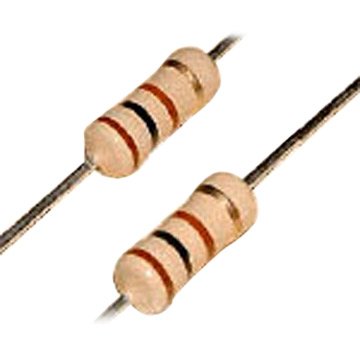wrecked_porsche
Headphoneus Supremus
Hey guys, quick question about the im716.
Why do you guys always recommend that the metal film resistors be used with the iM716? Why is it not good to use the standard carbon ones?
Standard carbon film:

Metal film:

If its just a case of better tolerance on the metal film, then lets say an exact matching pair of carbon resistors are obtained, then it should not make any difference?

Reason I ask is because I have a pair of of exactly matching 48ohm metal film resistors (Tokyo Koon Denpa (TKD) High Precision Metal Film Resistors) which I've soldered to my im716. While they do sound great, I have itchy fingers because I have a fistful of 30~40++ ohm carbon ones that I wanna mess around with...

Is it ok to use standard carbon ones? Will the sound be deteriorated in any way?



If it does affect the sound, then I'll leave my master piece alone then...

Thanks in advance for the input guys.
Cheers!

Why do you guys always recommend that the metal film resistors be used with the iM716? Why is it not good to use the standard carbon ones?
Standard carbon film:

Metal film:

If its just a case of better tolerance on the metal film, then lets say an exact matching pair of carbon resistors are obtained, then it should not make any difference?

Reason I ask is because I have a pair of of exactly matching 48ohm metal film resistors (Tokyo Koon Denpa (TKD) High Precision Metal Film Resistors) which I've soldered to my im716. While they do sound great, I have itchy fingers because I have a fistful of 30~40++ ohm carbon ones that I wanna mess around with...

Is it ok to use standard carbon ones? Will the sound be deteriorated in any way?



If it does affect the sound, then I'll leave my master piece alone then...

Thanks in advance for the input guys.
Cheers!




